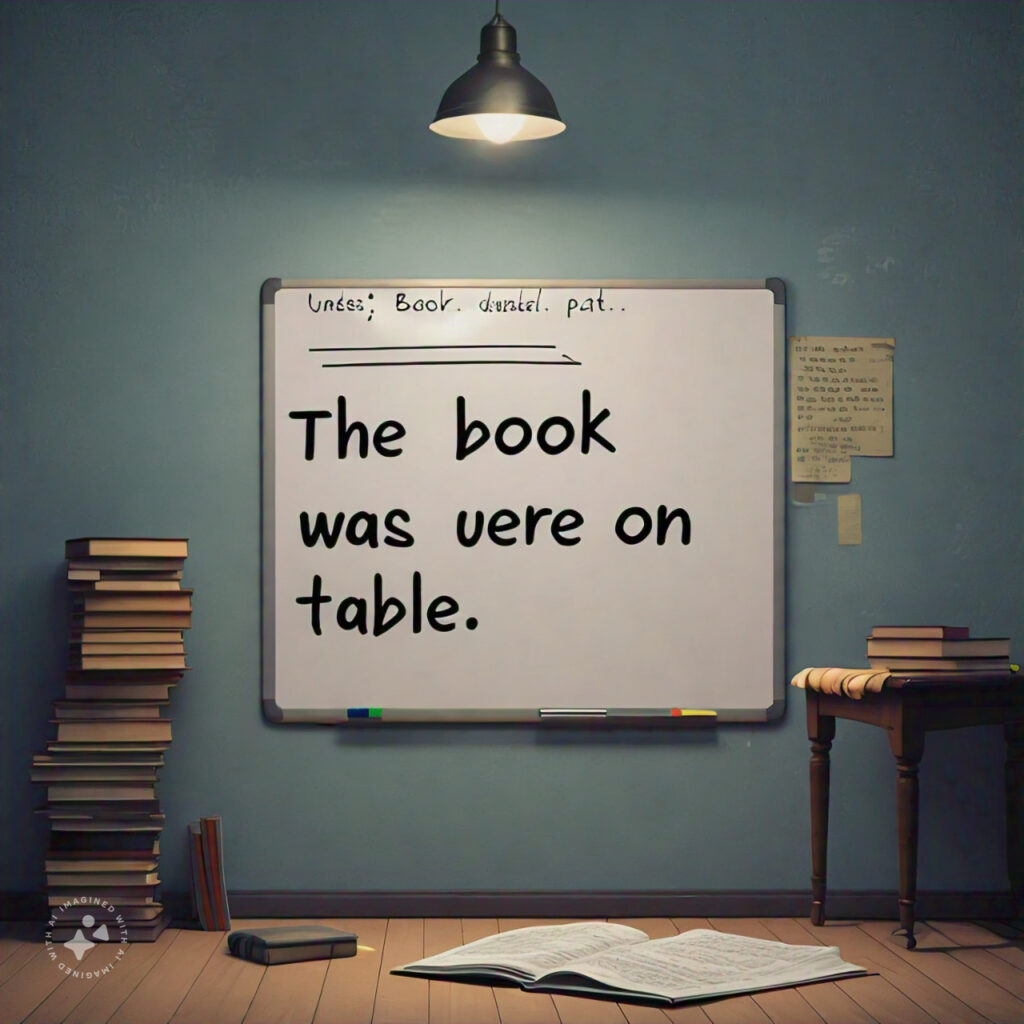Estuve vs Estaba: Understanding the Difference

In Spanish, the verbs “estuve” and “estaba” can be confusing for language learners. Here’s a breakdown of their differences, along with examples in both Spanish and English. Estuve (I was) Used for completed actions in the past. Translates to “I was” or “I was in” (indicating presence at a specific place or event). Spanish Examples: Estuve en Madrid el año pasado. (I was in Madrid last year.) Estuve enfermo durante una semana. (I was sick for a week.) Estaba (I was) Used for ongoing or habitual actions in the past. Translates to “I was” or “I was -ing” (indicating ongoing action). Spanish Examples: Estaba estudiando cuando sonó el teléfono. (I was studying when the phone rang.) Estaba viviendo en Barcelona antes de mudarme a Madrid. (I was living in Barcelona before moving to Madrid.) Key Differences “Estuve” emphasizes completion, while “estaba” emphasizes ongoing action. “Estuve” describes specific, completed events; “estaba” describes ongoing or habitual situations. Practice Tips Use “estuve” for completed past actions. Use “estaba” for ongoing or habitual past actions. Estuve conjugaciones: Yo estuve Tú estuviste Él/ella/usted estuvo Nosotros/as estuvimos Ellos/as estuvieron Ejemplos en español: Estuve en Madrid el año pasado. I was in Madrid last year. Estuve enfermo durante una semana. I was sick for a week. Estaba conjugaciones: Yo estaba Tú estabas Él/ella/usted estaba Nosotros/as estábamos Ellos/as estaban Ejemplos en español: Ayer estuve en el centro comercial todo el día. Yesterday, I was at the mall all day. Cuando era niño, siempre estaba en casa de mis abuelos los fines de semana. When I was a child, I was always at my grandparents’ house on weekends. Estuve estudiando para el examen toda la noche. I was studying for the exam all night. Mientras estaba en la reunión, me llamaron varias veces. While I was in the meeting, they called me several times. Estuve muy cansado después de la caminata de ayer. I was very tired after yesterday’s hike. Estaba muy nervioso antes de dar mi presentación. I was very nervous before giving my presentation. La semana pasada estuve en la playa con mis amigos. Last week, I was at the beach with my friends. Estaba trabajando en el proyecto cuando me di cuenta de un error. I was working on the project when I noticed a mistake. Estaba estudiando cuando sonó el teléfono. I was studying when the phone rang. Diferencias clave “Estuve” enfatiza la completitud, mientras que “estaba” enfatiza la acción en curso. “Estuve” describe eventos específicos y completados; “estaba” describe situaciones habituales o en curso. Practice Exercises Complete the sentences with “estuve” or “estaba”: ________ en la playa todo el día. I ________ at the beach all day. ________ estudiando para el examen cuando me llamaste. I ________ studying for the exam when you called me. Ayer ___ en casa porque no me sentía bien. Yesterday, I ___ at home because I wasn’t feeling well. Cuando llegaste, yo ___ en el supermercado haciendo las compras. When you arrived, I ___ at the supermarket doing the shopping. ___ de viaje la semana pasada, por eso no pude asistir a la reunión. I ___ on a trip last week, so I couldn’t attend the meeting. Mientras ___ en la biblioteca, encontré un libro interesante. While I ___ at the library, I found an interesting book. ___ muy ocupado con el trabajo la semana pasada. I ___ very busy with work last week. Ayer en la noche, ___ muy cansado después del partido. Last night, I ___ very tired after the game. No sabía dónde ___ cuando empezó la tormenta. I didn’t know where I ___ when the storm started. Cuando llegué, tú ya ___ en la fila del banco. When I arrived, you were already ___ in line at the bank. ___ muy nervioso antes de la entrevista de trabajo. I ___ very nervous before the job interview.
